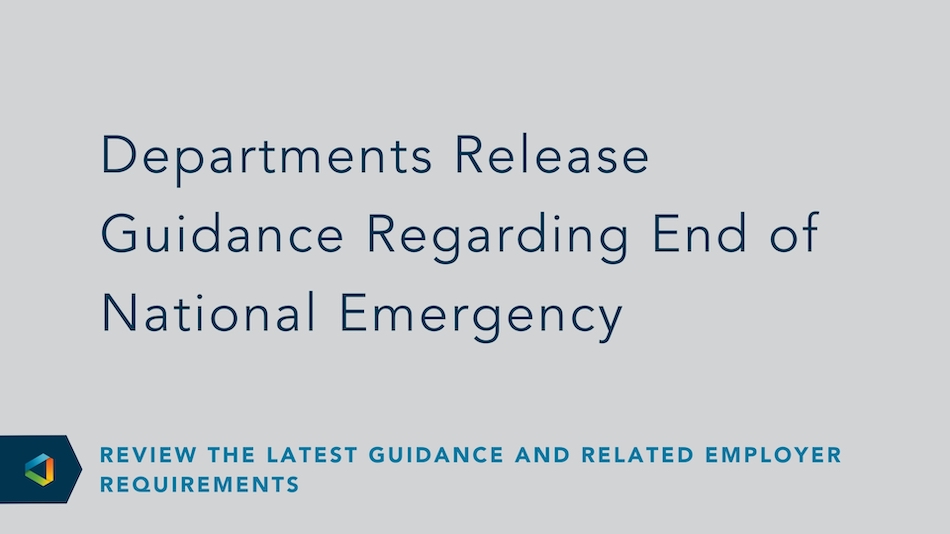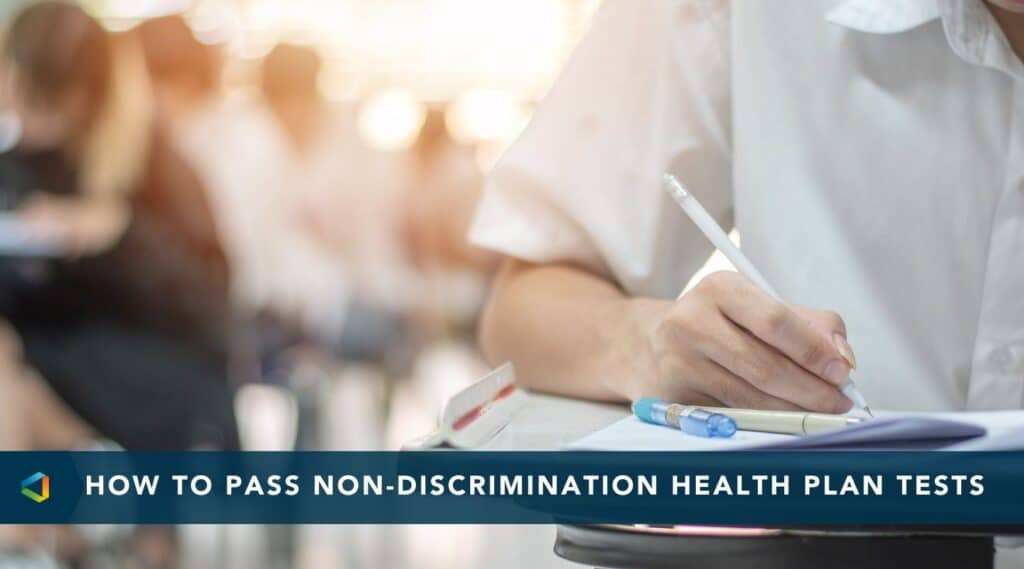Compliance Confidence
New COVID-19 Mid-Year Election Change and FSA Carryover Guidance
New COVID-19 Mid-Year Election Change and FSA Carryover Guidance
On May 12, 2020, the IRS issued Notice 2020-29 and Notice 2020-33 to provide additional flexibility and clarification concerning cafeteria plans, health savings accounts (HSAs), health flexible spending accounts (FSAs), dependent care assistance programs or FSAs (DCAPs) and various flexible spending arrangements.
To address the unanticipated changes in expenses facing many taxpayers during the COVID-19 pandemic, the Notices provide the following guidance applicable to self-funded plans, fully insured plans, and FSAs. For all changes discussed under the Notices, employers must adopt plan amendments and inform participants prior to December 31, 2021.
Mid-Year Election Changes
Employers may, but are not required to, permit the following prospective election changes in 2020, regardless of whether the underlying reason for the change satisfies the permitted circumstances under Internal Revenue Code (IRC) Section 125.
- Make a new election if initially declined coverage
- Revoke existing election and make new election to enroll in different coverage with the same employer
- Revoke existing election with written attestation that the employee is enrolled or will enroll in other health coverage not sponsored by employer.
- Revoke election, make an election, or decrease or increase existing election for FSAs and DCAPs
Additionally, plans that previously permitted mid-year election changes that were not consistent with the IRC Section 125 permitted election changes enjoy retroactive relief back to January 1, 2020 if those changes otherwise meet the Notice’s requirements.
Grace Period for FSA and DCAP
Employers may, but are not required to, amend FSAs and DCAPs to allow unused funds remaining at the end of the grace period or plan year ending in 2020 to reimburse qualified expenses through December 31, 2020. The relief does not apply to plans that did not have a grace period in place for the 2019 plan year and is not available beyond 2020. It is available, however, even if an FSA has a carryover provision.
FSA Carryovers
Effective for plan years starting in 2020, the maximum FSA carryover limit is increased from $500 to $550.
Timing of Health Plan Reimbursements
Generally, a health plan may only reimburse medical care expense incurred on or after the beginning of the plan year. Under the new guidance, a plan can choose to treat a premium for health coverage as having been incurred on one of the following three dates: (1) the first day of each month of coverage on a pro-rata basis; (2) the first day of the coverage period; or (3) the date on which the premium is paid. Importantly, this will allow plans to reimburse premiums for the current plan year that the individual paid prior to the beginning of the plan year.
Click here for a video to use to educate your employees of these changes and how they impact their pre-tax accounts.
For additional information on the evolving compliance regulations amid the COVID-19 pandemic, visit our OneDigital Coronavirus Advisory Hub, or reach out to your local OneDigital advisory team.
Share
Related News & Updates

Article
IRS Issues Final Rule to Fix “Family Glitch”
10.12.2022



